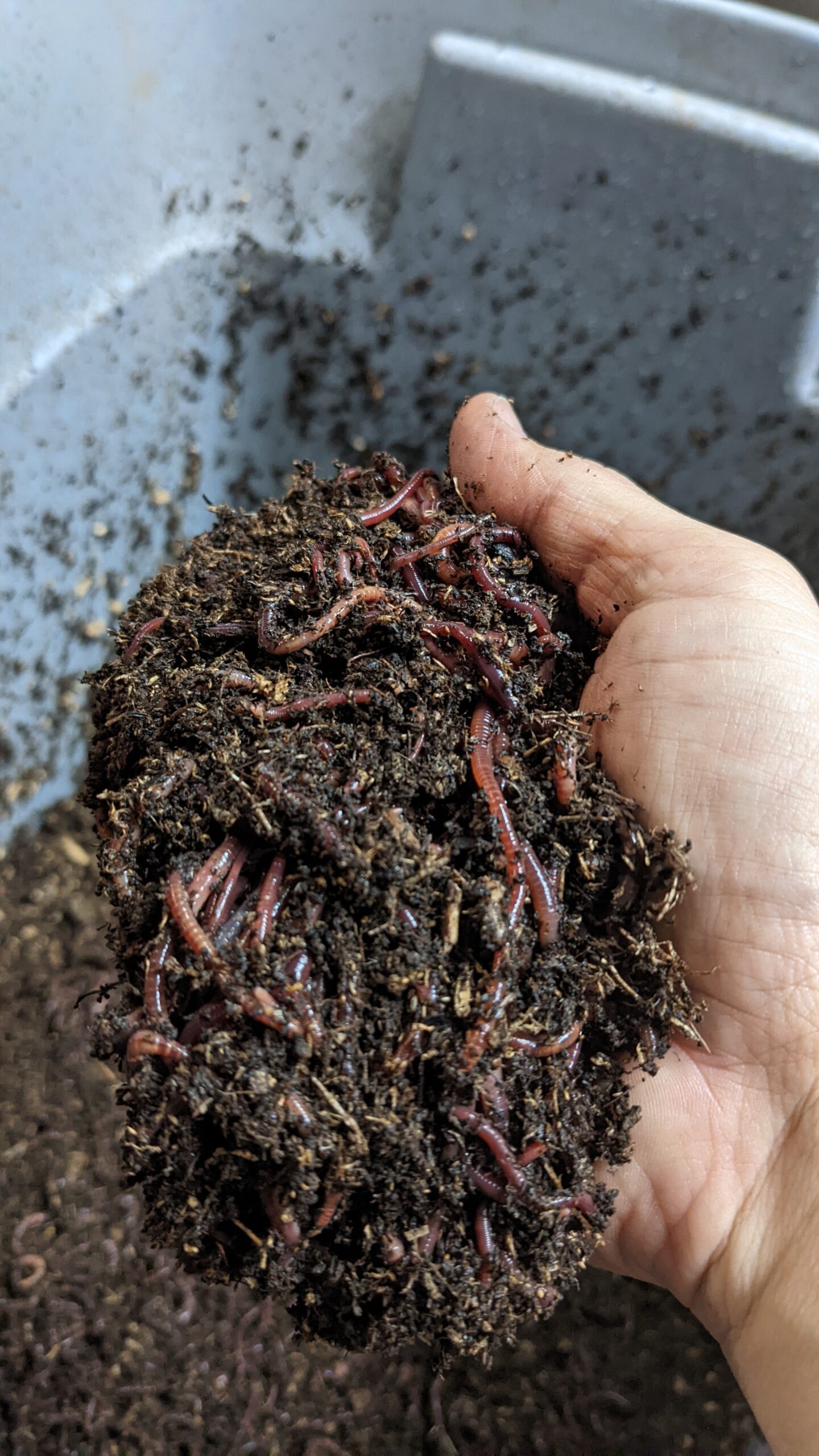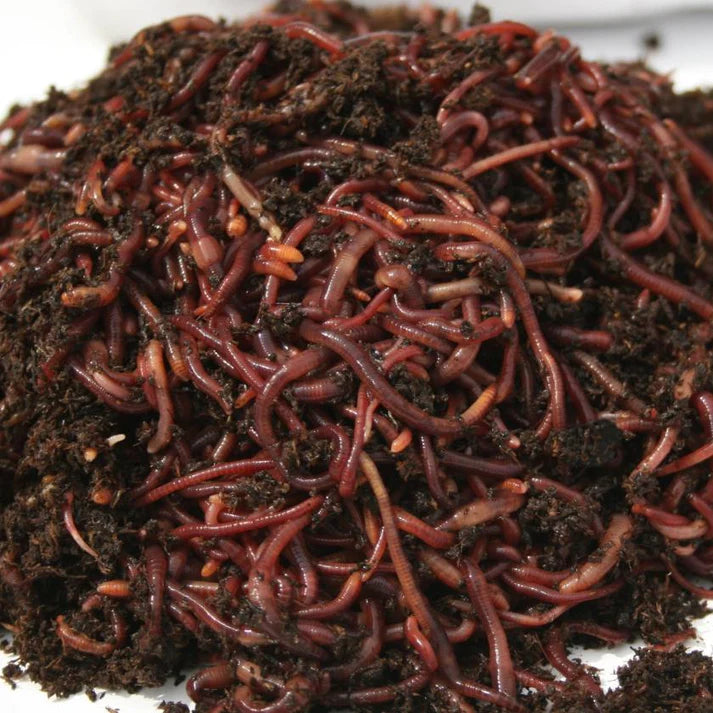Getting The Red Wiggler Express To Work
Wiki Article
5 Simple Techniques For Red Wiggler Express
Table of ContentsGet This Report on Red Wiggler ExpressThe Buzz on Red Wiggler ExpressThe 5-Minute Rule for Red Wiggler ExpressFacts About Red Wiggler Express UncoveredThe smart Trick of Red Wiggler Express That Nobody is Discussing
It's safe to state this things would have been great to include as a to vermicomposting systems! And the thriving Red Worm populace? It just never ever occurred. Also in the stack that was established up straight before backyard composters with existing Red Worm nests. Yet these nutritionally-boosted wood chip habitats are definitely loaded with Lumbricus sp.
Lots of ranges, including Red Wigglers, European Nightcrawlers, and Lumbricus species were brought over from the European continent. Here's the thingNative or not - and as skilled as they are at being able to make it through in a wide-range of environments and conditions -. Simply put, they are even more likely to hang out in any energetic composting systems you have set up, than they are to wander off and begin messing up the setting.
Origins call for oxygen for respiration and count on smooth airflow within the soil to flourish. When it rainfalls, soil can end up being saturated with water, decreasing the oxygen available and preventing nutrition absorption. To preserve an ideal balance, the soil needs to permit water to drain pipes sufficiently, leaving sufficient room for air to support origin health and wellness
Red Wiggler Express Things To Know Before You Get This

When it involves worms for composting, what comes to mind? If you were an earthworm breeder, dealership, or plain garden enthusiast, then you would certainly understand that red wiggler worms are the excellent worms for vermicomposting. For more information about these planet wonders, gone through a few of the red worm truths listed below.
(http://relevantdirectories.com/Red-Wiggler-Express_274130.html)If they stretch their bodies, you'll be able to see the red stripes on their skin. When elevating worms such as red wiggler worms, you must have the ability to understand exactly how to profit them. When you have the ability to keep and look after their habitat well, and likewise feed them the best sort of organic wastes, then they'll have the ability to produce nutrient-packed and quality-rich worm castings for you (additionally called worm poop or compost).
The Facts About Red Wiggler Express Uncovered
What do worms eat? Well, these red wriggler worms can be fed with kitchen area scraps and yard wastes. Any type of decaying natural things will do like veggie and fruit peels, smashed egg coverings, utilized tea bags, coffee grounds, turf trimmings, dry leaves, and others. Make certain not to feed them foods that are oily, citrusy, or has meat or dairy in them.
This behavior makes them well-suited permanently in worm containers, compost heap, and various other constrained rooms where natural waste is plentiful. Producing an ideal environment for red wigglers requires a thoughtful method. Think about the adhering to important elements to take care of red wigglers at home and ensure their well-being: Make use of a bed linens of shredded paper or cardboard.

Red wiggler worms replicate by laying tiny, lemon-shaped eggs in protective cocoons. These cocoons are usually transferred in the bed linen and hatch into baby worms within a few weeks.
Some Known Factual Statements About Red Wiggler Express
Their adaptability and strength have made them a prominent choice for vermicomposting in numerous regions all over the world. Yes! They can survive from a series of 32F to 90F. They are very adaptable animals. Take into consideration protective steps for very extreme temperature levels such as: Shielding the worm bin with layers of straw or leaves.
When taking care of your red wigglers it's vital to keep in mind to: 1) K.I.S.S (Maintain it Simple) and 2) everything in small amounts. These regulations relate to feeding your garden compost worms, sprinkling your worm bins, and almost whatever else included in taking care of them. Just bear in mind - you can constantly add more food later on (but it's difficult to eliminate feed once it's been added to a bin!).
Since I fed the red wigglers and garden compost worms too a lot, they weren't able to keep up and over time the older food went leftover and developed anaerobic conditions that eliminated the worms. Here're the 6 golden regulations for just how often and just how much to feed your worms: Guideline # 1: Moderation!
All About Red Wiggler Express
Leftover food will lead to anaerobic conditions that will certainly kill your real-time worms. Regulation # 6: After the very first feeding, feed the worms 1/3 to 1/2 of their weight.Report this wiki page